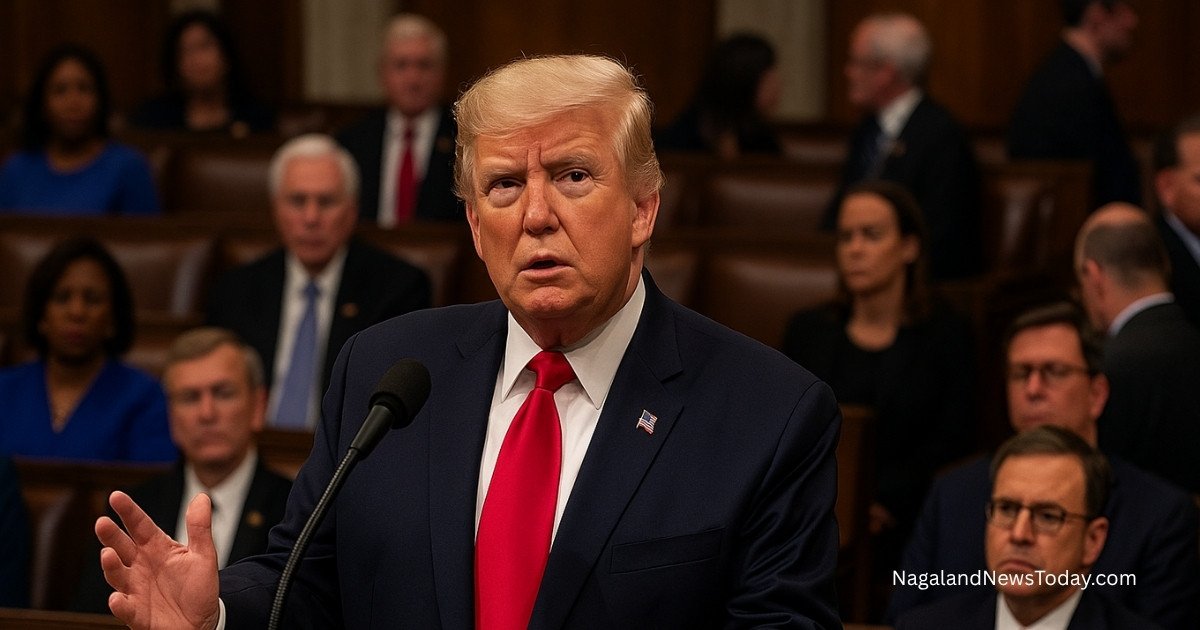Published by Aloto Naga | August 11, 2025
Opinion — In the ongoing debate about presidential authority, Donald Trump power over Congress remains a central question of his time in office. While many view him as a dominant political figure, the reality is that his ability to control Congress is more restricted than it may seem. Under the U.S. Constitution, a president’s influence depends on the level of direct support they hold inside Congress. Without enough allies in the House or Senate, even a determined president will face clear limits on what they can achieve.
How Presidential Power Depends on Congress
If a president commands a majority or at least 30% loyal support in both the House of Representatives and the Senate, they can pass most favored laws and confidently veto those they oppose. Overriding a veto requires a two-thirds majority in both chambers, a high threshold unless a president’s backing is unusually low. Also Read Russia Hoax Whistleblower Exposes 2017 ICA Truth
Obama’s Example of Strong Support
Barack Obama is a clear example of how numbers translate into real power. During his presidency, Congress at times passed bills he opposed. Obama vetoed them, and override attempts almost always failed because he had more than 30% often over 90% support from Democrats in Congress. Without the two-thirds required, opponents could not force through laws against him. Also Read Trump: I Won’t Cut Elon Musk’s Subsidies
Trump’s Struggle to Hold the Numbers
Donald Trump’s situation was different. While he maintained strong loyalty among Republican voters and many party members, his reliable support in the entire Congress was often below 30%. This weakness became clear in December 2020, when he vetoed the $740 billion National Defense Authorization Act. Enough Republicans sided with Democrats to meet the two-thirds requirement, overriding his veto.
The Numbers Game That Shapes Power
The truth is that a president’s control over Congress comes down to numbers. With at least 30% firm backing, vetoes are difficult to overturn. Without it, even the strongest political personality cannot stop bipartisan coalitions from passing laws. Obama had the votes to protect his agenda; Trump often did not. The constitutional design ensures that without the numbers, a president’s influence over Congress will always be limited.


